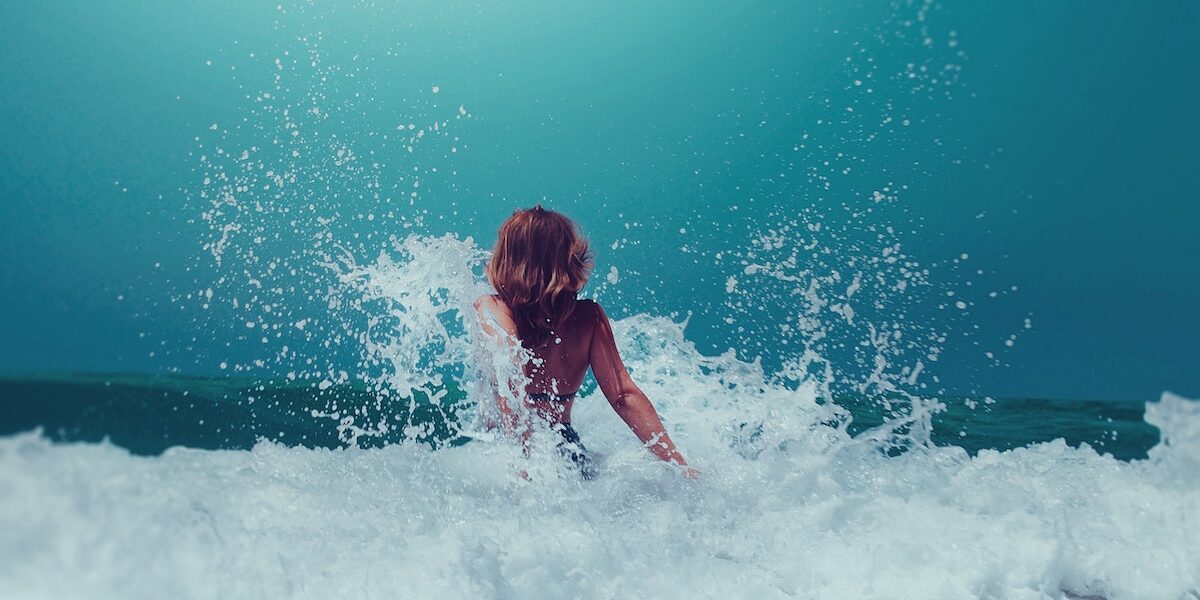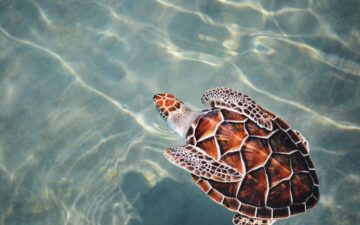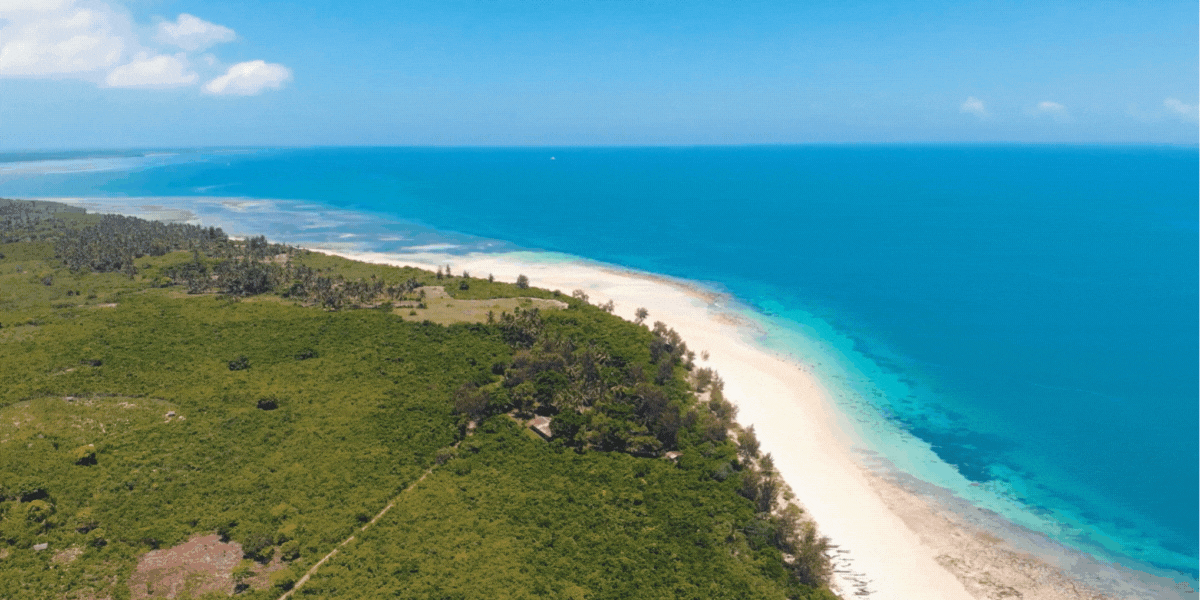by Jessie Neumann, Communications Assistant

What is it like to be Women in the Water? In honor of Women’s History Month we asked 9 passionate women working in marine conservation this question. Below is Part II of the series, where they reveal the unique challenges they face as conservationists, from where they draw inspiration and how they continue to stay afloat.
Use #WomenInTheWater & @oceanfdn on Twitter to join in the conversation.
Click here to read Part I: Diving In.
Marine related careers and activities are often male dominated. Were you met with any prejudice as a woman?
Anne Marie Reichman – When I started as a pro in the windsurfing sport, women were treated with less interest and respect than the men. When the conditions were great, the men often got first choice. We had to fight for our position in the water and on land to receive the respect we deserved. It has gotten way better over the years and there was some work our side to make that point; however, it is still a male dominated world. On a positive note there are a lot of women acknowledged and seen in the media these days in water sports. In the SUP (stand up paddling) world there are a lot of women, because it is a very popular sport in the fitness female world. In the competition field there are more male competitors than females and a lot of the events are run by men. In the SUP 11-City Tour, being a female event organizer, I made sure equal pay was being provided and equal respect for the performance.
Erin Ashe – When I was in my mid-twenties and young and bright-eyed, it was more challenging for me. I was still finding my voice and I was worried about saying something controversial. When I was seven months pregnant, during my PhD defense, I was told by people, “This is great that you just completed all this field work, but your field career is now over; as soon as you have your baby, you will never go out in the field again.” I was also told I would never have time to publish a paper again now that I was having a baby. Even now, Rob (my husband and colleague) and I work very closely together, and we can both speak well about each other’s projects, but it still happens where we will go to a meeting and someone will just talk to him about my project. He does notice it, and he’s so great — he’s my biggest supporter and cheerleader, but it still happens.He always diverts the conversation back to me as the authority on my own work, but I can’t help but notice that the reverse never happens. People don’t ask me to speak about Rob’s projects when he’s sitting next to me.
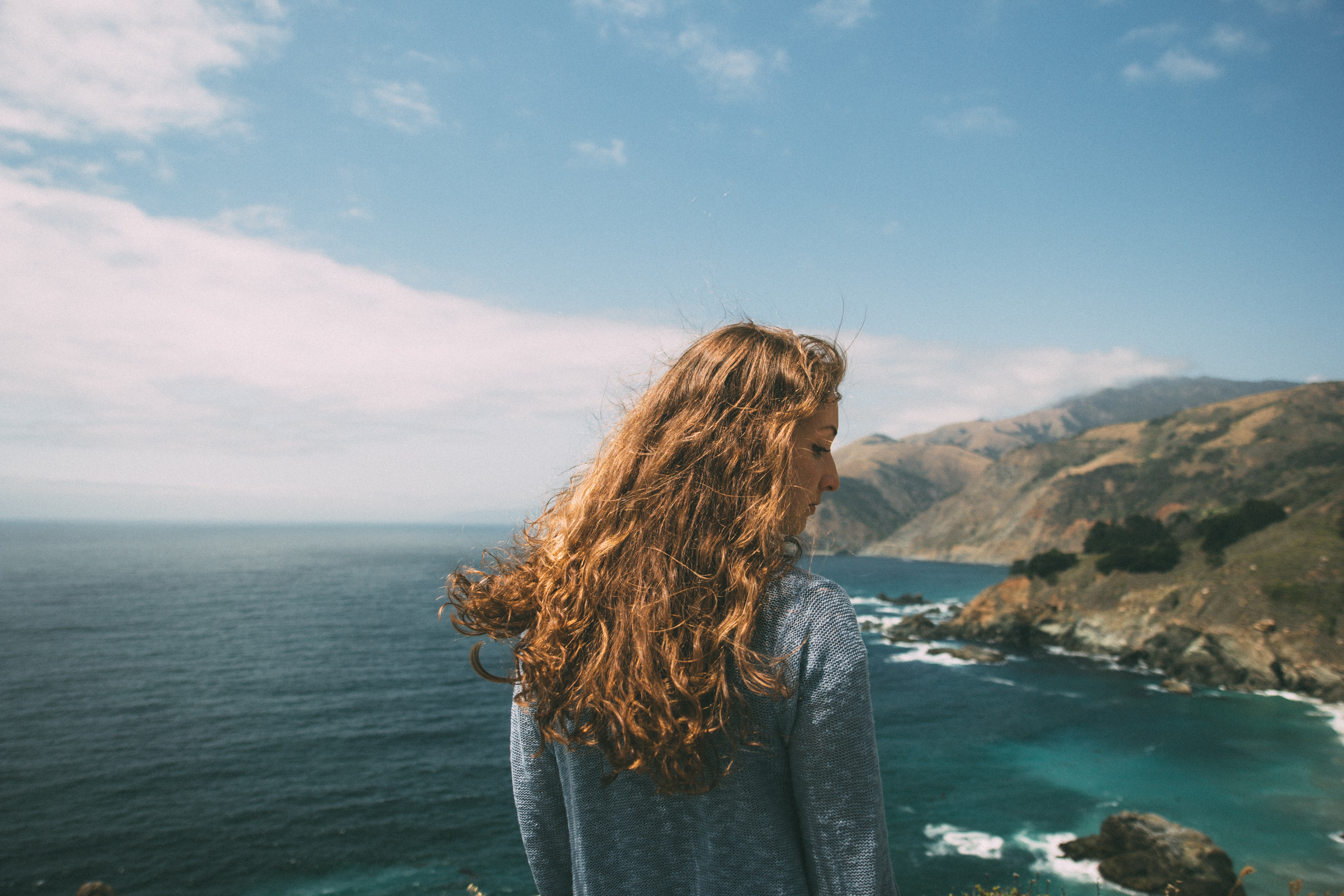
Kelly Stewart – You know I never really let it sink in that there were things that I may not be able to do. There were lots of instances when being a woman was viewed in a certain way, from being bad luck aboard fishing vessels, or hearing inappropriate comments or innuendo. I think I could say that I never really took much notice of that or let it distract me, because I felt once I started working on a project, they would not see me as different. I’ve found that making relationships even with people not inclined to help me did earn respect and not making waves when I could have made those relationships stronger.
Wendy Williams – I never felt prejudice as a writer. Writers who are genuinely curious are more than welcome. In the old days people were much more condescending to writers, they wouldn’t return your phone call! Nor have I faced prejudice in the marine conservation field at all. But, in high school I wanted to go into politics. The School of Foreign Service accepted me as one of few in the first group of women to go out to study at Georgetown University. They did not give scholarships to women and I couldn’t afford to go. That one decision on the part someone else had a major effect on my life. As a petite, blonde woman, I sometimes feel I’m not taken seriously — there is a feeling that “she’s not very important.” The best thing to do is to say, “Whatever!” and go do what you set out to do, and when your naysayers are surprised just come back and say, “See?”
Ayana Elizabeth Johnson – I have the trifecta of being female, black, and young, so it’s hard to say from whence exactly prejudice comes. Certainly, I get a lot of surprised looks (even utter disbelief) when people find out I have a Ph.D. in marine biology or that I was Executive Director of the Waitt Institute. It sometimes seems like people are waiting for an old white guy to appear who is actually in charge. However, I’m happy to say that I’ve been able to overcome most prejudice by focusing on building trust, providing relevant and valuable information and analysis, and just working extremely hard. It’s unfortunate that being a young woman of color in this field means that I have to always be proving myself — proving my achievements aren’t a fluke or a favor — but producing high quality work is something I take pride in, and is the surest way I know to combat prejudice.
Asher Jay – When I wake up, I am not really waking up with these strong identity labels that keep me from being connected to everything else in this world. If I don’t wake up thinking I am woman, there is nothing that really puts me as apart from this anything else in this world. So I wake up and I in a state of being connected and I think that has become the way in which I come to life at large. I never factored being a women into how I do things. I’ve never treated anything like a limitation. I’m pretty wild in my upbringing… I didn’t have those things pressed upon me by my family and so it never occurred to me to have limitations…I think of me as a living being, part of a network of life… If I care about wildlife, I care about people too.
Rocky Sanchez Tirona – I don’t think so, although I did have to deal with my own self-imposed doubts, largely around the fact that I wasn’t a scientist (although incidentally, most of the scientists I meet with are men). Nowadays, I realize that there’s a huge need for a wide range of skills in order to deal with the complex problems we are trying to solve, and there are lots of women (and men) who are qualified.
Tell us about a time you witnessed a fellow woman address/overcome gender barriers in a way that inspired you?
Oriana Poindexter – As an undergrad, I was an assistant in Professor Jeanne Altmann’s primate behavioral ecology lab. A brilliant, humble scientist, I learned her story through my job archiving her research photographs – which offered fascinating glimpses into the life, work, and challenges facing a young mother and scientist working in the field in rural Kenya in the ‘60s and ‘70s. While I don’t think we ever discussed it explicitly, I know that she, and other women like her, worked very hard to overcome stereotypes and prejudices to pave the way.
Anne Marie Reichman – My friend Page Alms is in the forefront of Big Wave Surfing. She is confronted with the gender barriers. Her overall “Big Wave performance 2015” gave her a check of $5,000 while the overall “ Big Wave performance 2015 of the men earned $ 50,000. What inspires me in situations like these is that women can embrace they are women and just work hard for what they believe in and shine that way; gain respect, sponsors, make documentaries and movies to show their abilities that way instead of resorting to extreme competitive and negativity towards the other gender. I have many female athlete friends who focus on their opportunities and make time to inspire the younger generation. The road may still be harder or longer; however, when you work hard and with a positive perspective to reach your goals, you learn a lot in the process that is priceless for the rest of your life.
Wendy Williams – Most recently, Jean Hill, who crusaded against plastic water bottles in Concord, MA. She was 82 years old and didn’t care she was being called a “crazy old lady,” she got it done anyway. Often, it’s the women who are passionate – and when a woman gets passionate about a subject, she can do anything.
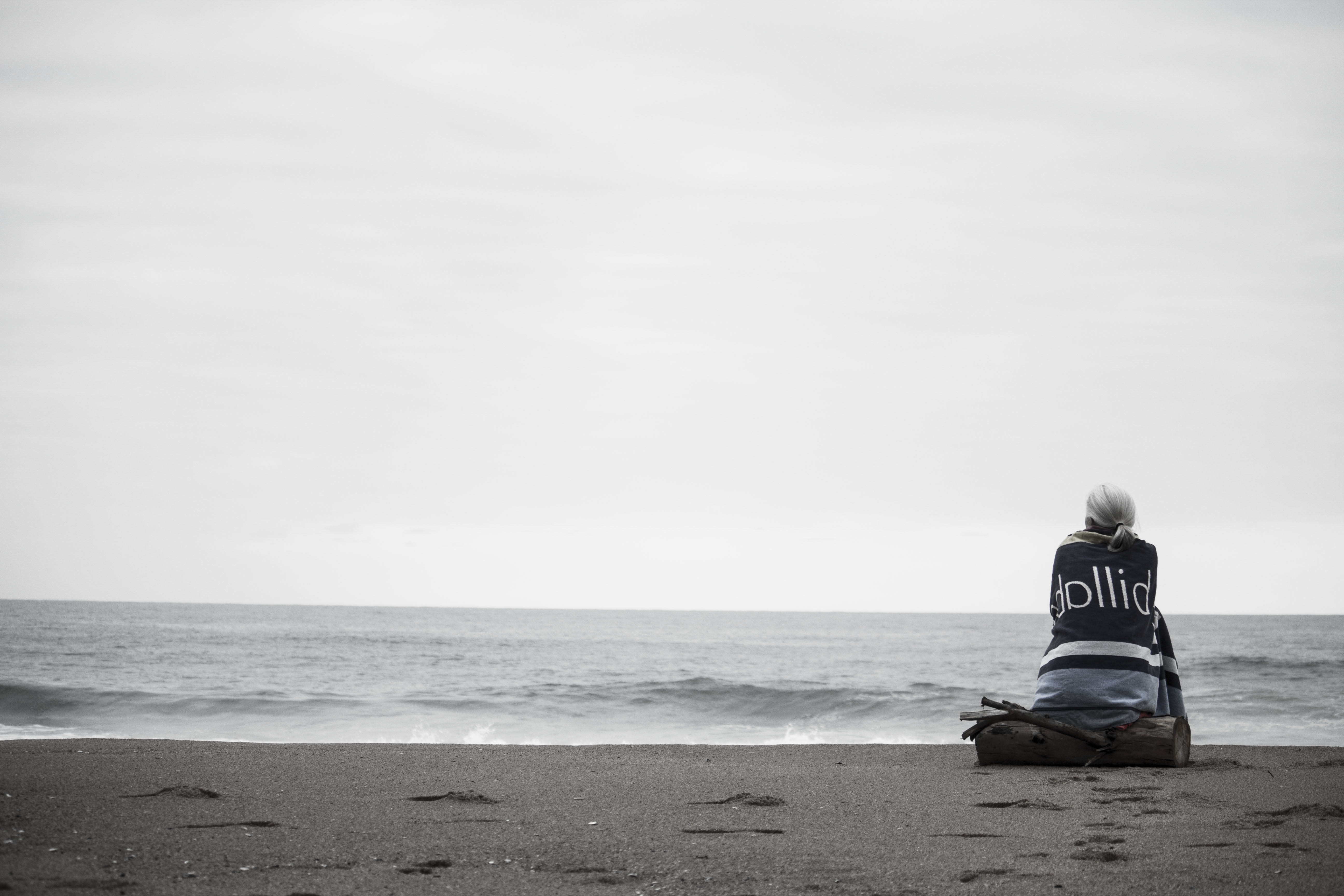
Erin Ashe – One person who comes to mind is Alexandra Morton. Alexandra is a biologist. Decades ago, her research partner and husband died in a tragic scuba diving accident. In the face of adversity, she decided to stay in the wilderness as a single mother and continue her important work on whales and dolphins. In the 70s, marine mammalogy was a very male dominated field. The fact that she had this commitment and this strength to break barriers and stay out there inspires me still. Alexandra was and still is committed to her research and conservation. Another mentor is someone I don’t know personally, Jane Lubchenco. She was the first to propose splitting a full time tenure track position with her husband. It set a precedent, and now thousands of people have done it.
Kelly Stewart– I admire women who just DO things, with no real thought about whether they are a woman or not. Women who are sure in their thoughts before they speak out, and can speak up when they need to, on behalf of themselves or an issue is inspirational. Not wanting to be recognized for their achievements simply because they are a woman, but on the basis of their achievements is more influential and admirable. One of the people I admire most for fighting for the rights of all humans in various desperate situations is former Canadian Supreme Justice and UN High Commissioner for Human Rights, Louise Arbour.
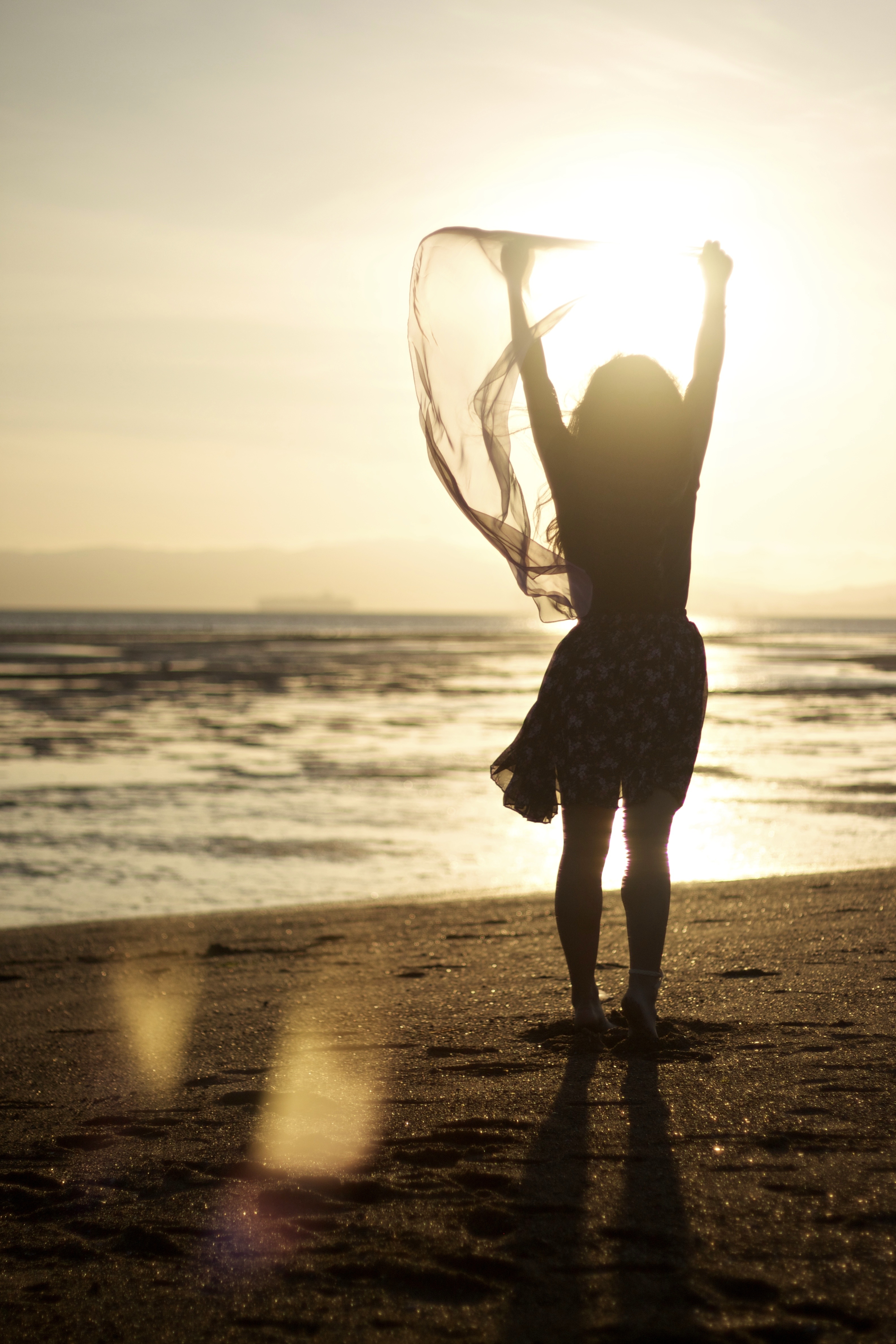
Rocky Sanchez Tirona-I’m lucky to be living in the Philippines, where I think there is no shortage of strong women, and an environment that allows them to be such. I love watching women leaders in action in our communities—many of the mayors, village heads, and even management committee heads are women, and they deal with fishers, who are quite a macho lot. They have many different styles—strong ‘listen to me, I’m your mother’; quiet but as the voice of reason; impassioned (and yes, emotional) but impossible to ignore, or flat-out fiery—but all those styles work in the right context, and the fishers are happy to follow.
According to Charity Navigator of the the top 11 “International Environmental NGOs with more than $13.5M/year in revenue” only 3 have females in leadership (CEO or President). What do you think needs to change to make that more representative?
Asher Jay-Most field occasions I have been around, have been put together by men. It still seems like an old boys club sometimes and while that might be true it’s up to women who work in science in exploration and in conservation to not let that stop them. Just because it has been the way of the past does not mean it has to be the way of the present, much less the future. If you don’t step up and do your part, who else is going to do it? …We need to stand by other women in the community….Gender isn’t the only impediment, there are so many other things that could prevent you from pursuing a passionate career in conservation science. More and more of us are following this path and women have a greater role now in shaping the planet than ever before. I highly encourage women to own their voice, because you have impact.
Anne Marie Reichman – It shouldn’t be the question whether men or women get these positions. It should be about who is most qualified to work on change for the better, who has the most amount of time and (“stoke”) enthusiasm to inspire others. In the surfing world some women mentioned this as well: it should be the question how to make women surf better with role models and eyes open for the opportunity; not the discussion where the gender gets compared. Hopefully we can let some ego go and recognize we are all one, and part of each other.
Oriana Poindexter – My graduate cohort at Scripps Institution of Oceanography was 80% women, so I hope leadership will become more representative as the current generation of female scientists work our way up to those positions.
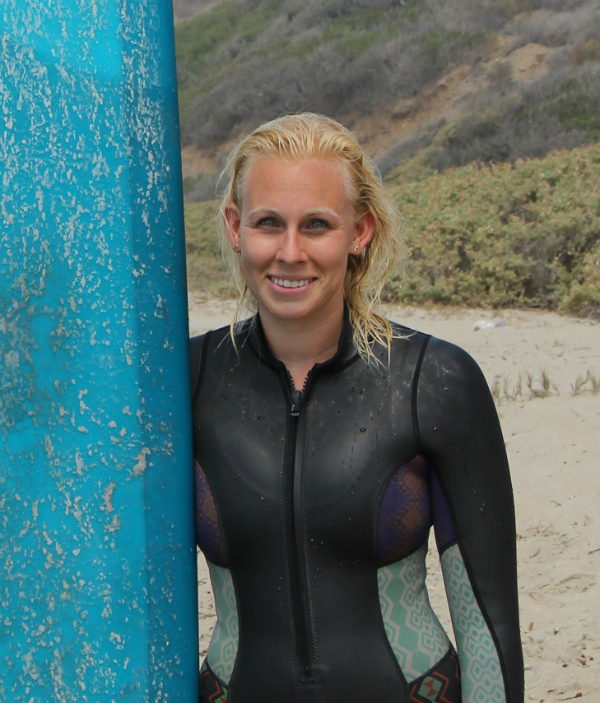
Erin Ashe – Both external and internal changes need to be made to fix this. As a somewhat recent mom, what immediately comes to mind is better support around childcare and families — longer maternity leave, more childcare options. The business model behind Patagonia is one example of a progressive company moving in the right direction. I recall being struck by the fact that that company’s leadership was very supportive of bringing children into work. Apparently Patagonia were one of the first American companies to offer on-site childcare. Before becoming a mom I didn’t realize how important this could be. I defended my PhD when I was pregnant, completed my PhD with a newborn, but I was really lucky because thanks to a supportive husband and help from my mother, I could work at home and I could be just five feet from my daughter and write. I don’t know if the story would have ended the same way if I had been in a different situation. Childcare policy could change a lot of things for a lot of women.
Kelly Stewart – I’m not sure how to make the representation balanced; I am positive that there are qualified women for those positions but maybe they enjoy work closer to the problem, and maybe they aren’t looking to those leadership roles as a measure of success. Women may feel achievement through other means and a higher-paying administrative job may not be their only consideration in pursuing a balanced life for themselves.
Rocky Sanchez Tirona– I suspect that it’s really because conservation still functions pretty much like many other industries that were male-led when they were emerging. We may be slightly more enlightened as development workers, but I don’t think that necessarily makes us more likely to behave the way say the fashion industry might. We will still need to change work cultures that reward traditionally masculine behavior or leadership styles over softer approaches, and many of us women will also need to get over our own self-imposed limits.
Every region has unique cultural norms and constructs around gender. In your international experience, can you recall a specific instance where you had to adapt and navigate these differing societal norms as a woman?
Rocky Sanchez Tirona-I think at the level of our workplaces, the differences are not so apparent—we at least have to officially be gender-sensitive as development workers. But I have noticed that in the field, women need to be a little more mindful of how we come across, at the risk of having communities shut down or be unresponsive. For example, in certain cultures, male fishers may not want to see a woman doing all the talking, and even though you may be a better communicator, you may need to give your male colleague more airtime.
Kelly Stewart – I think observing and respecting cultural norms and constructs around gender can help tremendously. Listening more than talking and seeing where my skills may be most effective, whether as leader or follower helps me be adaptable in these situations.
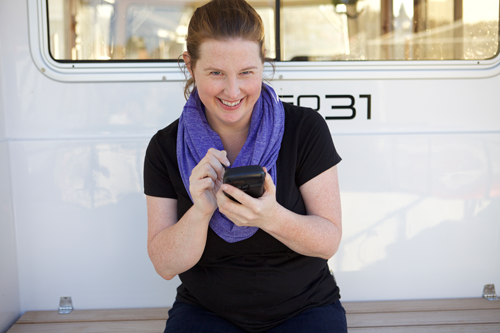
Erin Ashe – I was thrilled to do my PhD at the University of St. Andrews, in Scotland, because they have a globally unique interface between biology and statistics. I was struck by the fact that the UK offers paid parental leave, even to many graduate students. Several women in my program were able to have a family and finish a PhD, without the same financial pressures that a woman living in the US might face. Looking back, it was a wise investment, because these women are now using their scientific training to do innovative research and real-world conservation actions. Our department head made it explicit: women in his department would not have to choose between starting a career and starting a family. Science would benefit if other countries would follow that model.
Anne Marie Reichman – In Morocco it was tough to navigate because I had to cover my face and arms while men didn’t have to do that at all. Of course, I was happy to be respectful of the culture, but it was very different than what I was used to. Being born and raised in the Netherlands, equal rights are so common, even more common than the US.
View a version of this blog on our Medium account here. And stay tuned for Women in the Water — Part III: Full Speed Ahead.
Image credits: Chris Guinness (header), Jake Melara via Unsplash, Jean Gerber via Unsplash, Catherine McMahon via Unsplash
